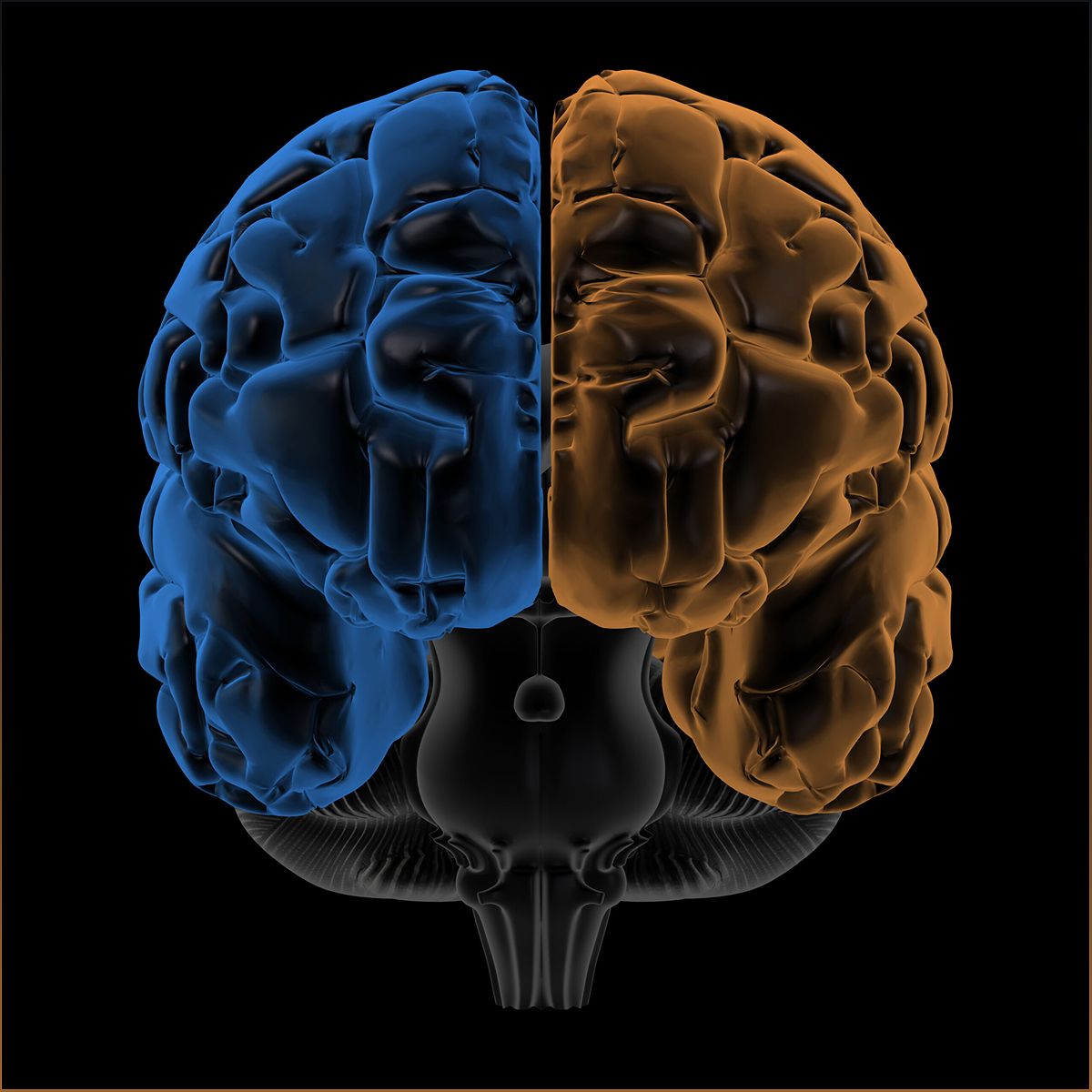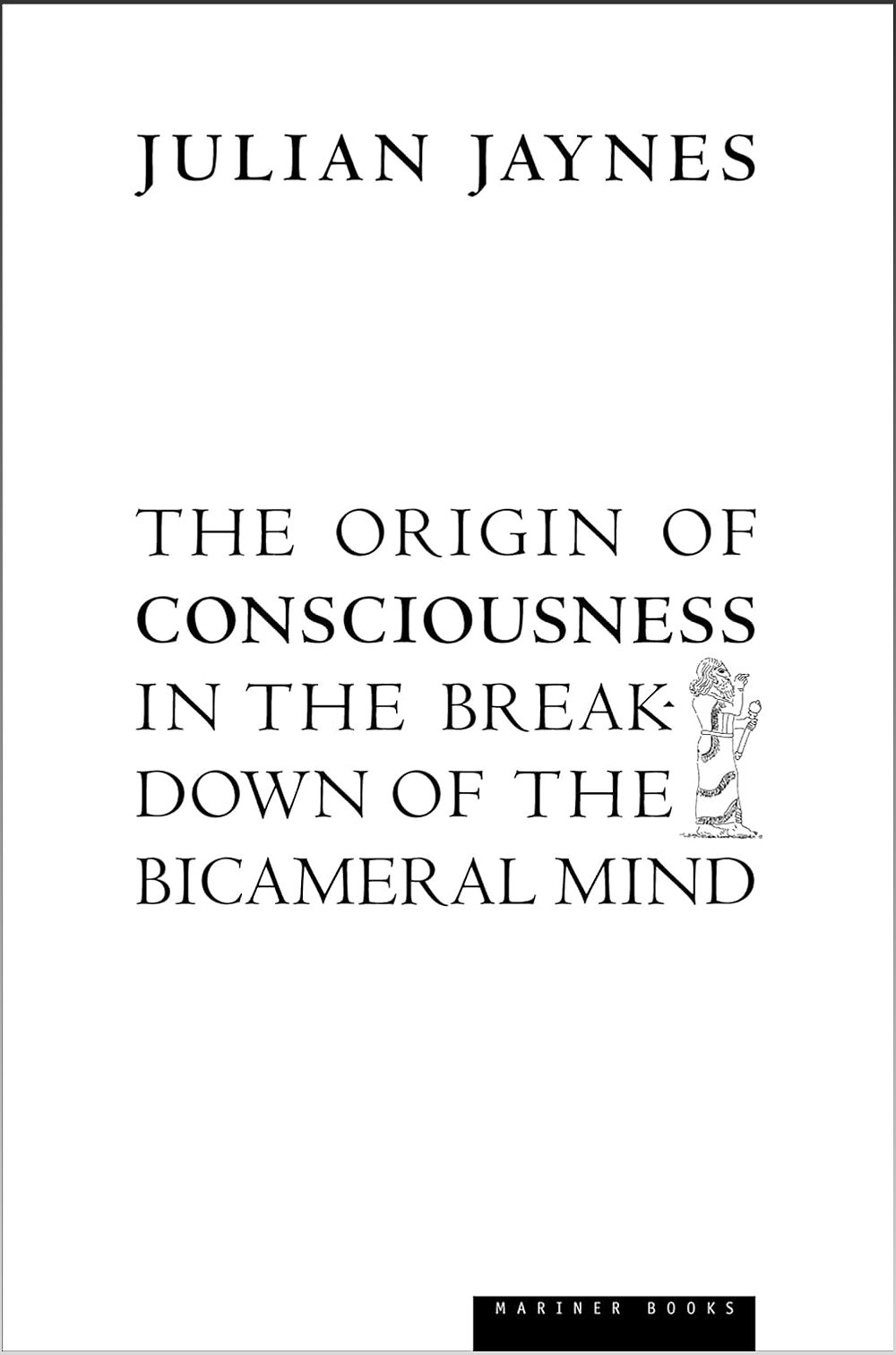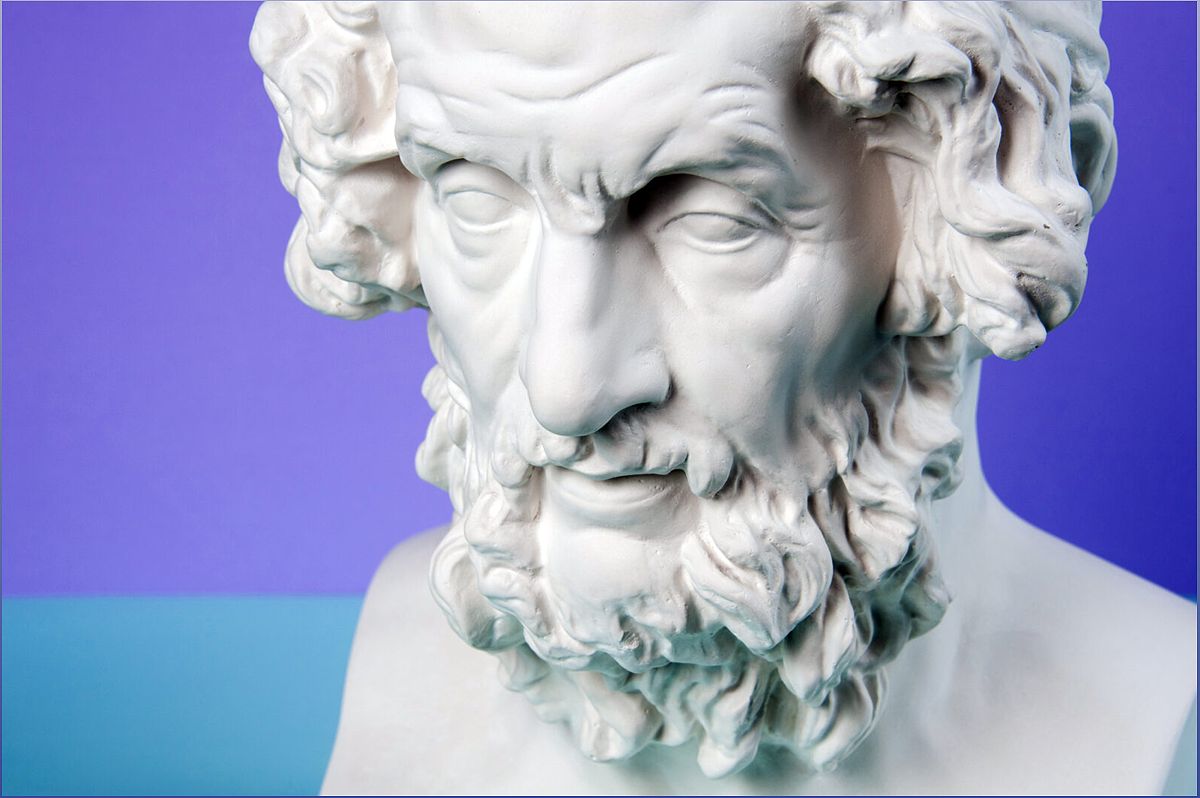Explore Julian Jaynes' groundbreaking theory on the origins of human consciousness and the transition from a bicameral mind to modern self-awareness.
The Enigmatic Origins of Human Consciousness
Julian Jaynes, a renowned consciousness researcher, proposed a groundbreaking theory in his book 'The Origin of Consciousness in the Breakdown of the Bicameral Mind.' Published in 1976, Jaynes challenged the conventional notion of consciousness, suggesting that it did not exist in early human civilizations. Instead, he argued that people relied on a bicameral mind, with one half communicating as the voice of the gods. While his theory has garnered both praise and criticism, it remains a thought-provoking exploration of the enigmatic origins of human consciousness.
The Bicameral Mind and Divine Voices
According to Jaynes, before approximately 3,000 years ago, humans lacked a conscious inner dialogue. Instead, they experienced a bicameral mind, wherein one hemisphere communicated with the other through divine voices. Jaynes pointed to ancient texts, such as Homer's Iliad, where characters attributed their insights and decisions to divine intervention. He suggested that these voices were actually the result of communication between the brain's hemispheres, specifically the right hemisphere speaking to the left.
The Emergence of Modern Consciousness
Jaynes proposed that the collapse of the bicameral mind coincided with the development of modern self-awareness. As human societies grew more complex, the reliance on divine voices diminished, giving way to internal narratives rooted in language. Jaynes believed that the integration of language into human cognition was the catalyst for the emergence of modern consciousness. This transition marked a significant shift in human history, enabling individuals to possess introspection and independent initiative.
Critiques and Controversies
Jaynes's theory faced both acclaim and skepticism. Critics questioned his assertion that early humans lacked consciousness, arguing that it disregarded the rich inner experiences evident in ancient texts. Additionally, the notion that language development was solely responsible for the birth of consciousness raised questions about the relationship between language and cognition. While Jaynes's theory challenged prevailing beliefs, it also left unanswered questions and stirred debate among scholars.
The Appeal and Relevance of Jaynes's Theory
Despite its controversial nature, Jaynes's theory gained popularity upon its release. It resonated with a generation increasingly interested in exploring the mysteries of consciousness. The book's poetic style and departure from physicalism and behaviorism added to its allure. Jaynes's work provided readers with a fresh perspective, challenging them to reconsider their understanding of consciousness and their own sense of self.
The Unresolved Mystery of Consciousness
Over the past five decades, various theories have emerged attempting to unravel the enigma of human consciousness. Eliminative materialism suggests that consciousness is an illusion, while panpsychism proposes that all living beings possess consciousness. However, none of these theories have definitively answered the fundamental questions surrounding consciousness. Jaynes's theory, despite its flaws and inaccuracies, reminds us that the origin of consciousness remains elusive and mysterious.
Conclusion
Julian Jaynes's theory on the breakdown of the bicameral mind and the emergence of modern consciousness offers a unique perspective on the evolution of human cognition. While his ideas have been met with skepticism, they continue to stimulate intellectual discourse and challenge our understanding of consciousness. Ultimately, the true origin of consciousness remains elusive, and Jaynes's work serves as a reminder of the enduring mystery that lies at the core of human existence.



